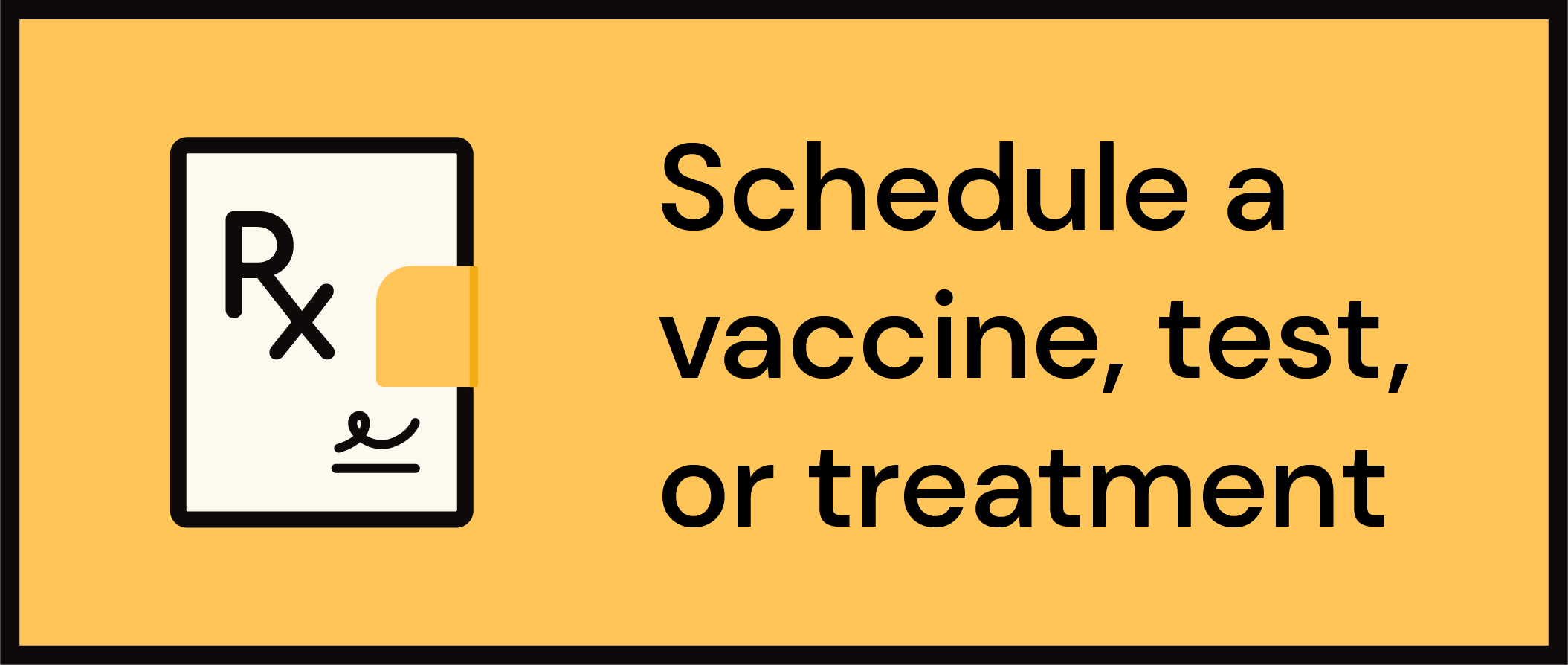Get Healthy!

- Posted October 7, 2025
Deep Brain Stimulation Offers Long-Term Relief For Parkinson's Patients
Deep brain stimulation (DBS) implants can provide long-term relief for people with Parkinson’s disease, a new study says.
Parkinson’s patients who got deep brain stimulation had better motor function, an improved ability to manage day-to-day tasks, and overall better quality of life after five years of DBS treatment, researchers recently reported in JAMA Neurology.
The patients also were able to get by with lower doses of levodopa, the drug they take to compensate for their brain’s lack of dopamine, the study found.
“For the first time, we can clearly see that the benefits of DBS, improvements in motor symptoms, reduced medication needs and better quality of life are sustained at five years,” researcher Dr. Adolfo Ramirez-Zamora said in a news release. He’s division chief of movement disorders at the Norman Fixel Institute for Neurological Diseases at University of Florida Health in Gainesville.
In deep brain stimulation, an implant is placed inside a patient’s brain to deliver electrical pulses to specific brain regions.
DBS has been shown to help improve motor function among patients with moderate to severe Parkinson’s, but few clinical trials have tested its effectiveness over the long haul, researchers said.
Parkinson’s disease is a progressive movement disorder that causes people to shake, become stiff or have trouble with their balance and coordination.
It occurs when the brain cells that create the hormone dopamine die or become impaired, according to the National Institute on Aging.
For this study, researchers tracked nearly 200 patients at 23 movement disorder centers who received DBS implants in their subthalamic nucleus, a small structure in the brain that plays a crucial role in motor control.
The patients were randomly assigned to either receive immediate stimulation from their devices or to wait 12 weeks before their implants were activated.
Results showed better motor control, fewer involuntary jerks or spasms, and better overall quality of life during the five-year follow-up period, researchers found.
Patients also were able to get by with a 28% lower dose of levodopa on average, a dosage that remained stable throughout the five years, the study found.
“DBS used to be seen as a last resort, but we now know it provides the most sustained benefit when offered in the moderate stages of Parkinson’s disease, when motor complications are the main source of disability,” Ramirez-Zamora said.
“We know this therapy is effective and safe,” he added. “The challenge now is making sure it reaches more people at the right stage of disease, when it can have the greatest and most lasting impact.”
Co-researcher Dr. Michael Okun, director of the Fixel Institute, said the findings hint at DBS’ potential in coming years.
“The future of DBS will be about smarter devices, more personalized programming and broader access,” Okun said. “Studies like this one not only prove the therapy’s durability but also set the stage for the next generation of technologies to improve patients’ lives.”
More information
Johns Hopkins Medicine has more on deep brain stimulation.
SOURCES: University of Florida, news release, Sept. 30, 2025; JAMA Neurology, Sept. 15, 2025








